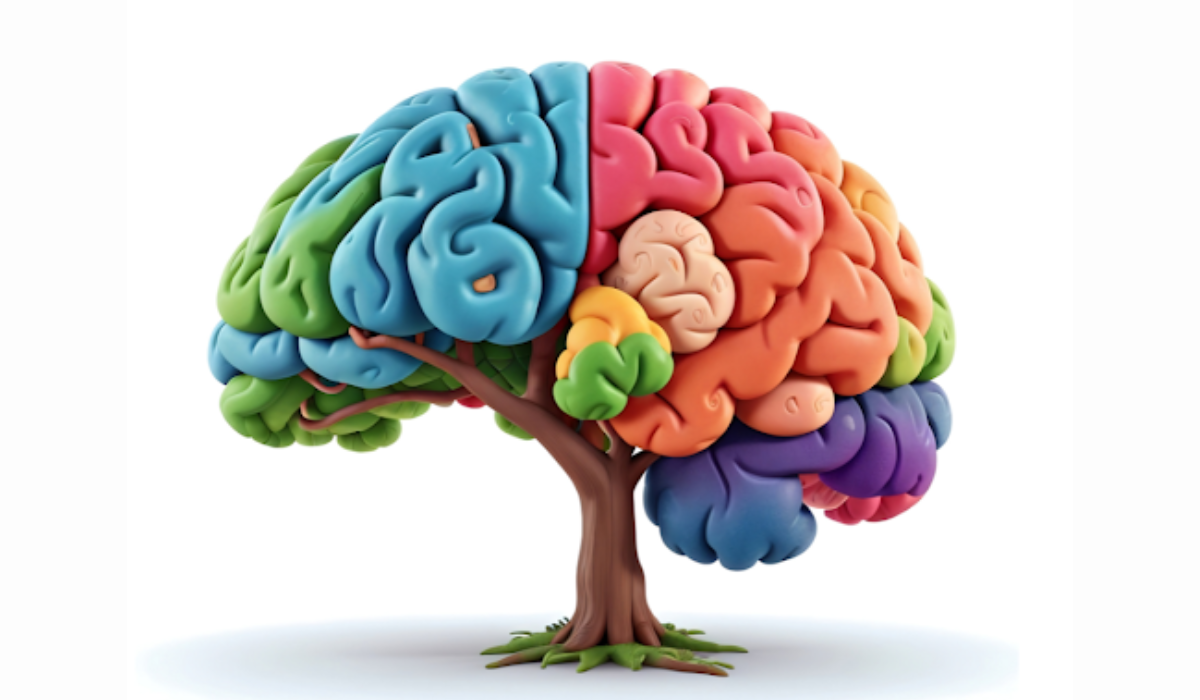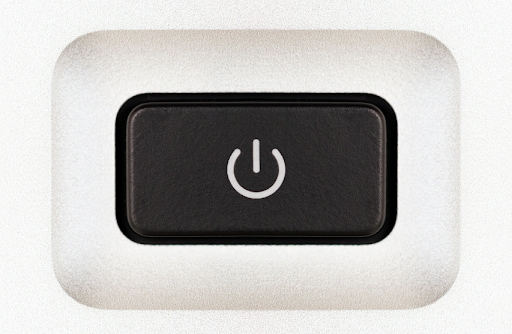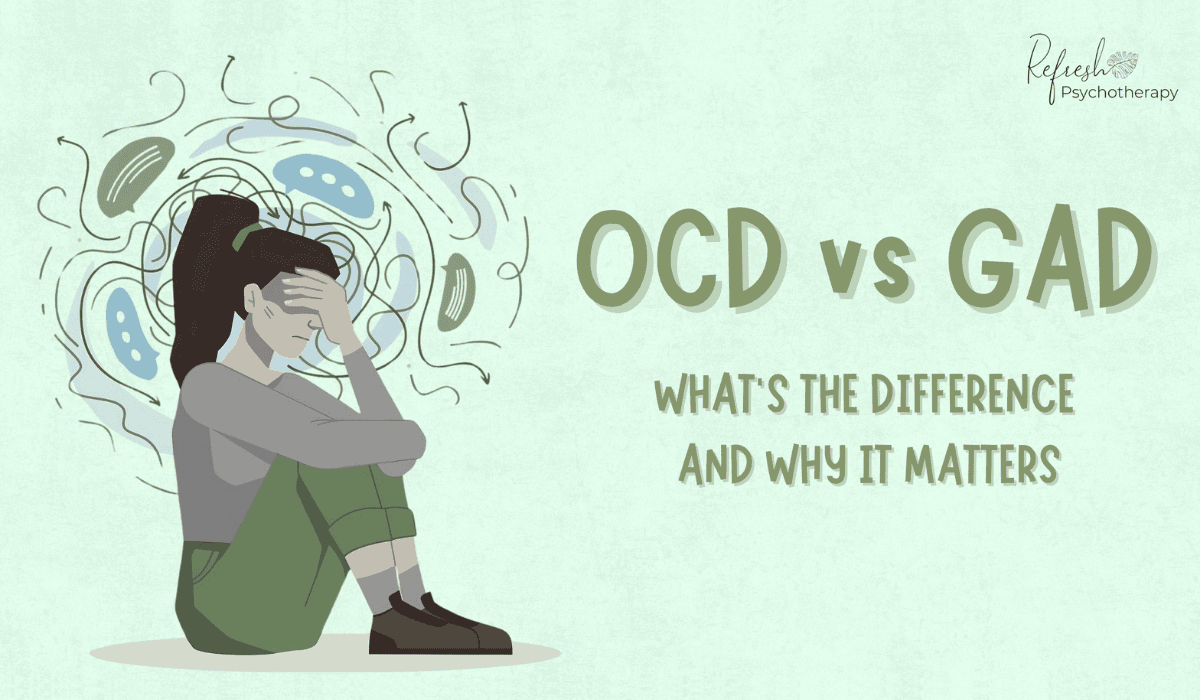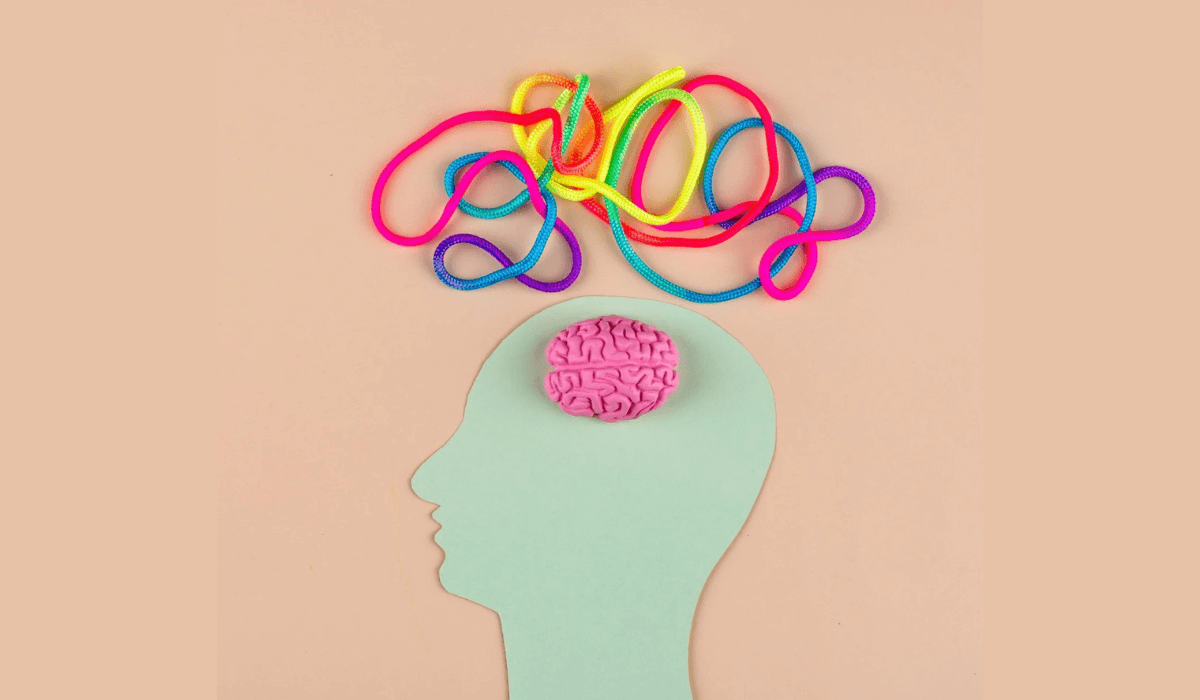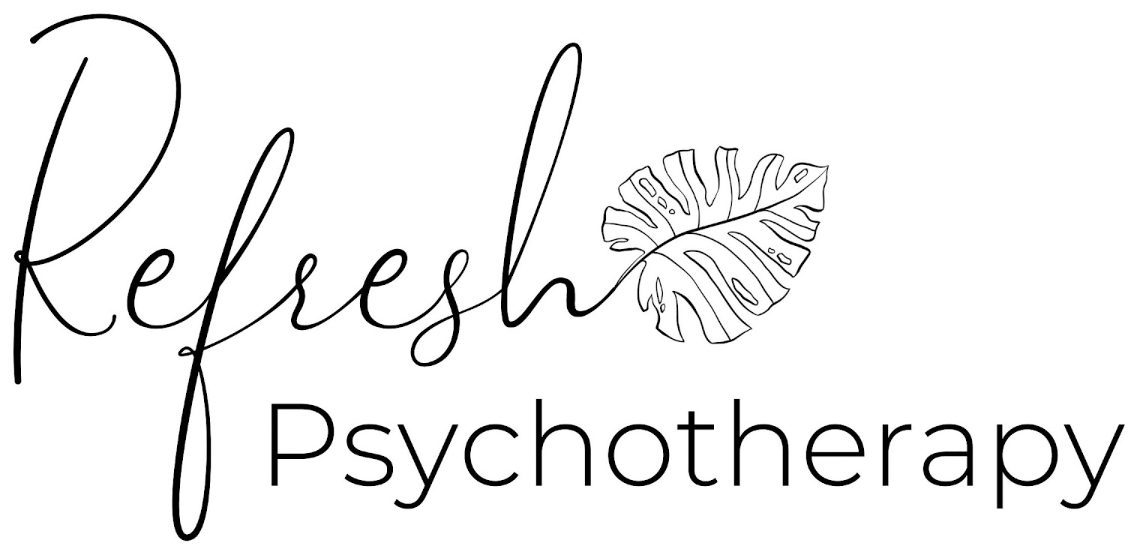What People Don’t Tell You About Starting Therapy
Starting therapy is often portrayed as a clear, courageous decision—something you do when you’re finally ready to take your mental health seriously. And while that’s true, it’s also incomplete. No one really talks about the mental noise, emotional vulnerability, and discomfort that come with taking that first step. We romanticize the breakthrough but skip over the awkward beginning. In reality, starting therapy often feels uncertain, even strange. And that’s okay. Here’s what no one tells you about starting therapy—and why all of it is normal.
You Might Not Know What to Say at First
One of the biggest misconceptions about therapy is that you need to arrive with a clear agenda. In truth, most people start therapy feeling overwhelmed, ambivalent, or simply blank. When the therapist asks, “So, what brings you in?” you might freeze. Not because you don’t have problems, but because articulating them to a stranger is deeply vulnerable. Your brain may go quiet. You may second-guess what you think is “worth” talking about. The good news? Your therapist isn’t expecting a perfect answer. The first few sessions are a space to explore—not perform. In fact, being unsure is often the most honest place to start.
You May Feel Worse Before You Feel Better
Therapy stirs things up. You might leave your first few sessions feeling raw or foggy. This isn’t a sign that therapy isn’t working—it’s a sign that you’re actually starting to access the emotional material you’ve pushed aside to function. Emotional discomfort early in therapy is incredibly common, especially for people who are used to compartmentalizing or minimizing their struggles (Wampold, 2015). You’re not regressing—you’re opening. And like any kind of healing, that can hurt at first.
You Won’t Always Click Right Away
Finding the right therapist is not unlike dating. Chemistry matters. Style matters. You may meet a highly qualified clinician who just doesn’t feel like the right fit. That’s not a failure—it’s data. Sometimes, the first therapist you see will be a great match. Other times, it might take a few tries. Pay attention to how you feel in the room: Do you feel seen? Do you feel rushed or understood? Do you feel safe enough to be a little messy? Therapeutic alliance—the quality of the relationship between client and therapist—is one of the strongest predictors of successful outcomes (Norcross & Lambert, 2019). If it doesn’t feel right, you’re allowed to trust that and keep looking.
You’ll Want to Impress Your Therapist (Even If You Don’t Mean To)
It’s normal to want your therapist to like you. You may catch yourself trying to sound insightful, emotionally aware, or resilient. You may even leave out parts of your experience that feel shameful or “too much.” This is especially common for high-achieving individuals, people-pleasers, and those who have been invalidated in the past. Therapy brings these dynamics to the surface—not to judge you, but to explore them. Over time, you may start to feel safer being more honest. That shift from performance to authenticity is often where the real work begins.
It’s Not Always a Linear Journey
One week you’ll feel like you’re having major epiphanies. The next week, you might feel stuck, annoyed, or numb. Progress in therapy rarely moves in a straight line. In fact, moments of frustration or plateau are often signs that something important is being avoided or processed at a deeper level. Therapists are trained to sit with discomfort—not fix it instantly. Your job isn’t to be “good at therapy.” It’s to show up, stay curious, and keep going—even when it feels like nothing’s changing.
You Might Be Surprised by What Comes Up
Many people come to therapy for one issue—anxiety, a breakup, burnout—and end up exploring things they didn’t expect. A conflict with your boss might lead to childhood memories of criticism. A pattern in relationships might connect to early attachment dynamics. Therapy isn’t about fixing isolated problems—it’s about making meaning across time, relationships, and emotional experiences. If you find yourself surprised by the direction the sessions take, that’s not off-track. That’s depth.
You’ll Confront the Voice That Tells You This Is Indulgent
Therapy requires time, money, and emotional labor. Even if you deeply believe in its value, there might be a part of you that whispers, “This is selfish,” or “Other people have it worse.” These thoughts often stem from internalized beliefs about productivity, worthiness, and emotional suppression—especially in cultures where mental health is stigmatized or downplayed (Sue & Sue, 2021). Naming this voice and working with it in therapy is part of the process. You are allowed to have needs. You are allowed to heal even if no one else understands why.
You Don’t Have to Cry to Make Progress
Not every therapy session ends in tears. And that doesn’t mean it wasn’t effective. Progress in therapy can look like setting a boundary, gaining insight, staying with a difficult feeling for an extra minute, or realizing you’ve been telling the same story about yourself for years. For some people, talking about emotions is hard. For others, crying is a release that happens outside the therapy room, not in it. Don’t use your emotional expression as a barometer for success. Your healing is valid whether it’s loud or quiet.
Your Therapist Won’t Judge You—But You Might Still Judge Yourself
Therapists are trained to hold space for your full humanity. That includes the parts you’re ashamed of, scared of, or tired of hiding. But even in the most accepting therapeutic relationship, you might find yourself judging your own thoughts, emotions, or behaviors. That’s part of the work, too. Therapy can’t remove your inner critic overnight—but it can help you recognize when it’s speaking and choose not to let it run the show.
Therapy Is Work, but It’s Also Relief
Starting therapy means you no longer have to carry everything alone. That alone can bring immense relief—even before the deeper work begins. You’re allowed to not have the answers. You’re allowed to say, “I don’t know where to start.” You’re allowed to be seen. Over time, the therapy space becomes one of the few places where you don’t have to perform, fix, or hold everything together. That’s not a luxury—it’s a reset.
Why All of This Matters
Knowing what to expect makes starting therapy less intimidating. You don’t have to feel certain, ready, or articulate to begin. You just have to show up with whatever’s real for you in the moment. Therapy isn’t about being fixed—it’s about finding new ways to relate to yourself, your emotions, and your life. What people don’t tell you is that it might feel clumsy, awkward, or even disappointing at first. But the discomfort of starting is temporary. What you build from it can last.
Whether you’re overwhelmed, burnt out, or simply ready for a new kind of support, therapy can help you make sense of what you’re carrying.
Book your appointment today at refreshtherapynyc.clientsecure.me.
Written by: Keeley Teemsma, LCSW, MA
Works Cited
Norcross, J. C., & Lambert, M. J. (2019). Evidence-based therapy relationships. Psychotherapy, 56(4), 423–430. https://doi.org/10.1037/pst0000235
Sue, D. W., & Sue, D. (2021). Counseling the culturally diverse: Theory and practice (9th ed.). Wiley.
Wampold, B. E. (2015). How important are the common factors in psychotherapy? An update. World Psychiatry, 14(3), 270–277. https://doi.org/10.1002/wps.20238












